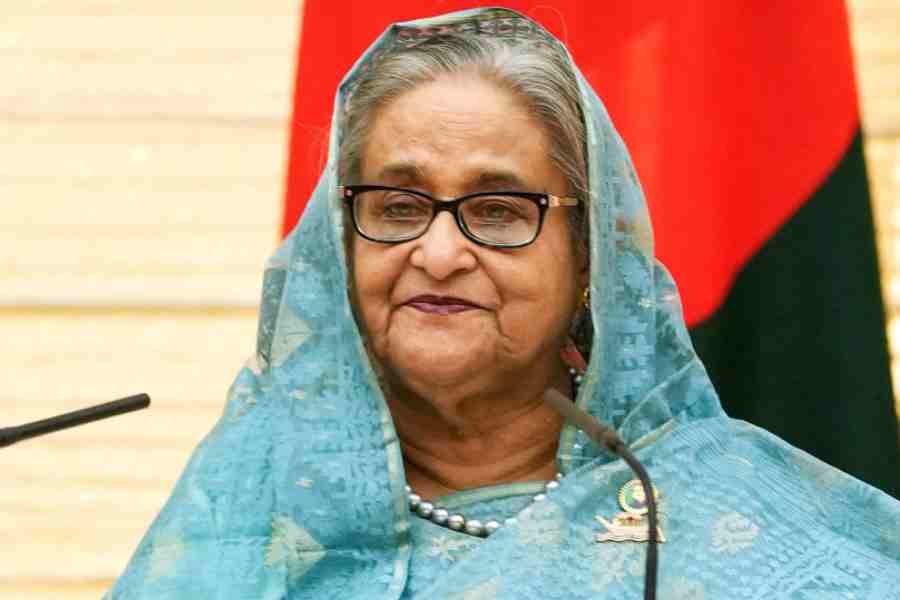When the foreign and defence ministers of India and the United States of America met for their 2+2 Ministerial Dialogue, there was a third nation hovering in the shadows: Bangladesh. Bangladesh’s upcoming national elections featured in the talks. The Indian foreign secretary made it clear after the meeting that India believes that the elections are entirely an internal matter for Bangladesh to deal with under its current Awami League government. This contrasts starkly with the position of the US, which has faced allegations of trying to engineer regime change in Bangladesh. The US and its Western allies, especially the European Union, have repeatedly accused the Bangladesh government of Prime Minister Sheikh Hasina Wajed of trying to undermine the fairness of the elections by cracking down on Opposition leaders. In September, the US announced visa curbs on Bangladeshi individuals whom it suspected of trying to weaken the country’s democratic processes. These diverging positions taken by India and the US underscore their differing calculations on what political outcome in Dhaka suits the interests of New Delhi and Washington, respectively.
India has traditionally had far stronger relations with Ms Wajed and the Awami League than with the Opposition in Bangladesh led by Khaleda Zia’s Bangladesh Nationalist Party. The US, in contrast, has had no such specific attachment to the Awami League, whose supporters have often accused Washington of favouring the BNP. Both India and the US, however, share two concerns: China’s growing influence in Bangladesh, and the threat posed by extremist groups in the country. Despite its close friendship with New Delhi, Ms Wajed’s government has also dramatically strengthened ties with Beijing. In 2022, China was the single-largest foreign investor in Bangladesh. Ms Wajed’s government has also teamed up with Islamist parties when convenient. This is worrying for both India and the US. Yet, from India’s perspective, there is little reason to believe that a BNP-led government would be any different. Against that backdrop, India’s hands-off approach towards the Bangladesh elections makes sense, as opposed to its efforts ahead of earlier votes where it tried to convince boycotting Opposition parties to participate. Unlike the US, India is affected far more directly by political currents in Bangladesh. Ms Wajed might be a closer friend but New Delhi must remember that it will need to engage with whoever comes to power in Dhaka.










